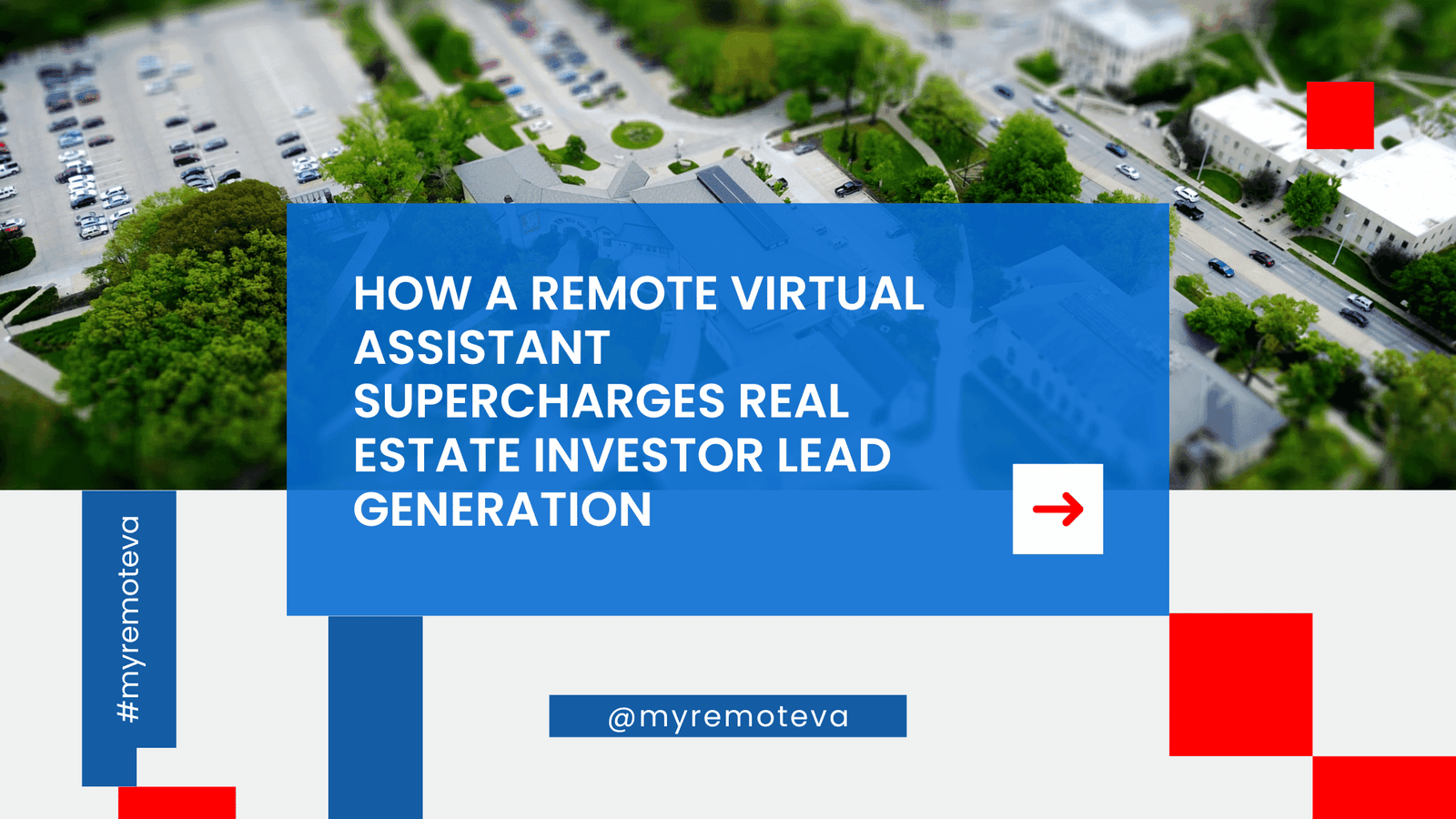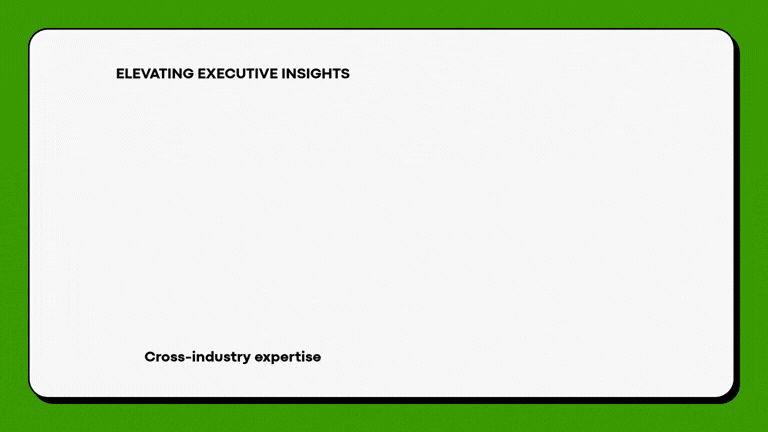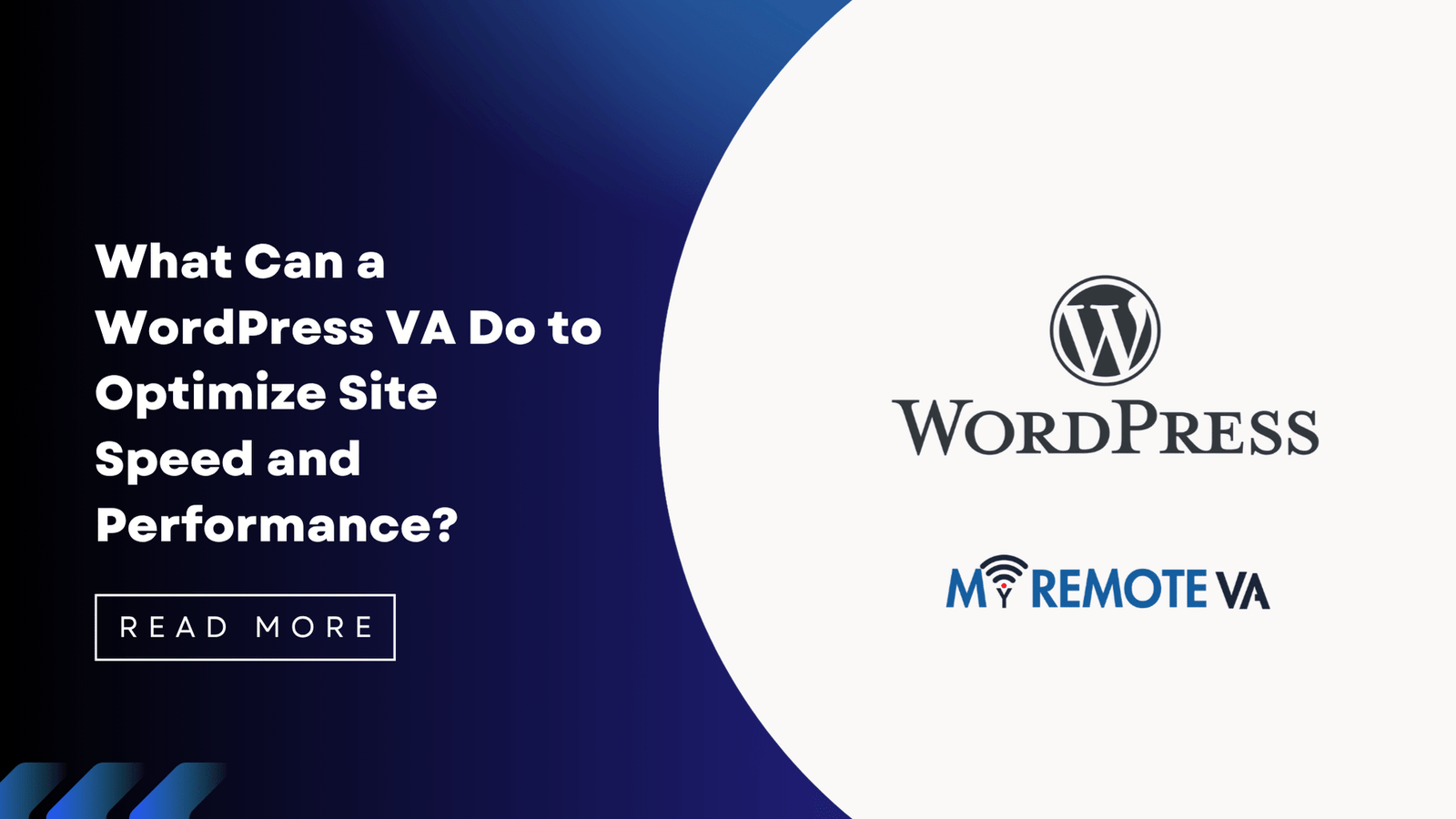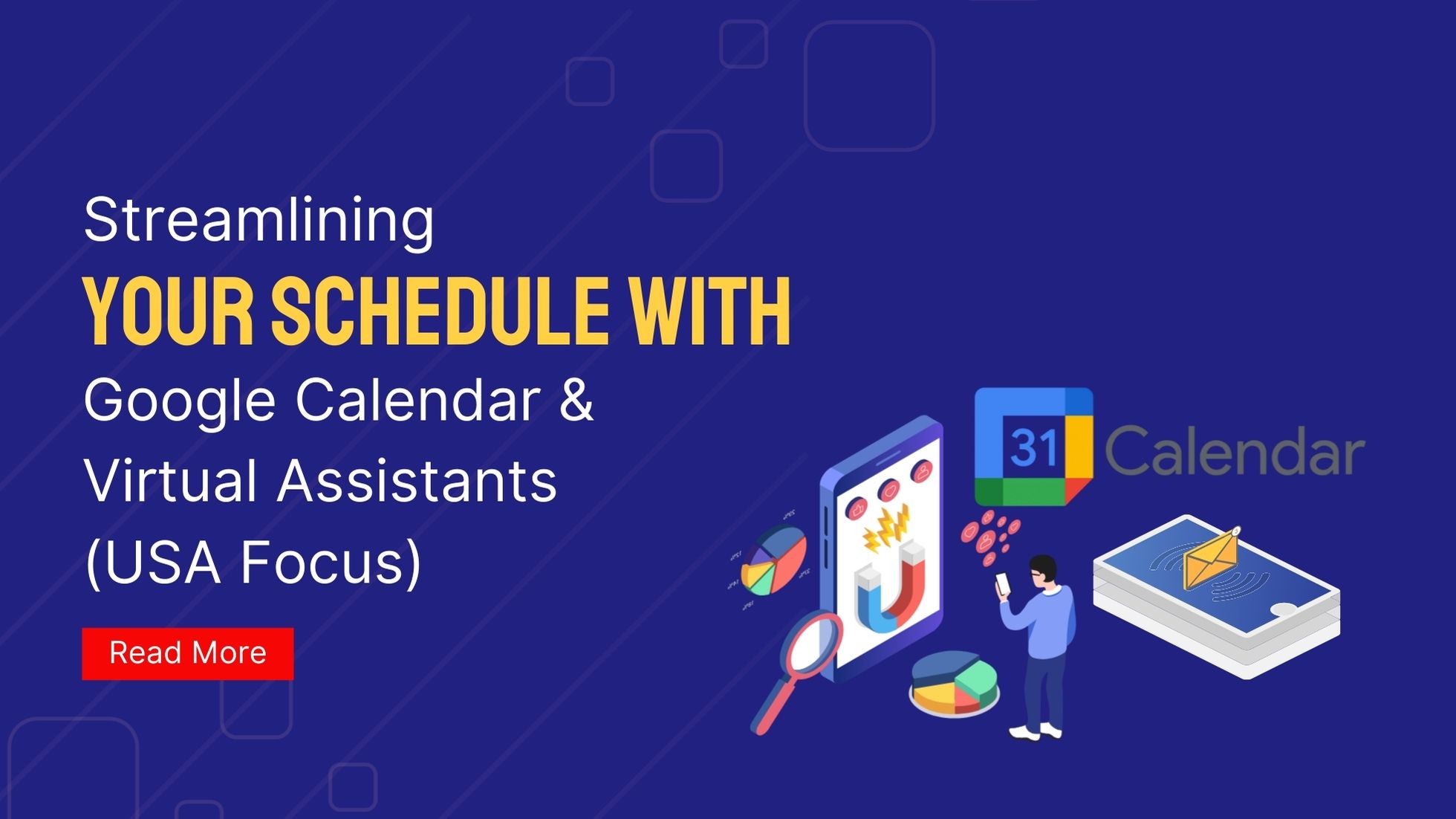Real estate investors are constantly on the hunt for their next deal. However, finding viable leads can be time-consuming and demanding, often pulling them away from crucial tasks like analyzing properties and closing deals. This is where a remote virtual assistant (VA) becomes invaluable.
- Understanding the Lead Generation Landscape for Real Estate Investors (Recent Market Signals)
- Specific Lead Generation Tasks a Remote VA Can Handle
- Benefits of Using a Remote VA for Lead Generation
- Choosing the Right Remote VA for Your Needs
- FAQ: Remote Virtual Assistants and Real Estate Lead Generation
- What are the Most Common Lead Generation Tasks Real Estate Investors Delegate to VAs?
- How Much Does It Typically Cost to Hire a Remote VA for Lead Generation?
- How do I track the performance of my remote VA's lead generation efforts?
- What tools and technologies should my VA be proficient in?
- What are the Potential Risks of Hiring a Remote VA, and How Can I Mitigate Them?
- Ensuring Your VA Understands Your Target Real Estate Market
- Can a VA help with identifying off-market properties?
A dedicated remote VA can significantly boost lead generation efforts by handling a wide range of tasks, freeing up the investor to focus on higher-level strategic activities. The impact goes beyond simply saving time; it translates to increased efficiency, a wider reach, and ultimately, more profitable deals.
Specific Ways a Remote VA Assists with Lead Generation:
- Data Mining and List Building: VAs can research and compile targeted lists of potential leads based on specific criteria (e.g., distressed properties, pre-foreclosures, vacant homes). They can use various online resources and databases to gather contact information and build comprehensive lead lists.
- Cold Calling and Outreach: A VA can manage cold calling campaigns, reaching out to potential sellers and gauging their interest in selling their properties. They can follow scripts, handle initial objections, and schedule appointments for the investor.
- Email Marketing Campaigns: VAs can create and manage email marketing campaigns to nurture leads and promote investment opportunities. This includes crafting compelling email copy, segmenting email lists, and tracking campaign performance.
- Social Media Marketing: Real estate investors can leverage social media for lead generation and a VA can assist with this. A VA can manage social media accounts, create engaging content, and run targeted advertising campaigns to attract potential leads.
- Direct Mail Marketing: VAs can handle direct mail campaigns, from designing postcards and letters to managing the mailing process. This can be particularly effective for targeting specific geographic areas or demographics.
- Website Management and SEO: A VA can update website content, optimize website pages for search engines (SEO), and track website analytics to improve lead generation efforts.
- Lead Qualification and Management: VAs can pre-qualify leads by gathering essential information and assessing their potential. They can also manage lead tracking systems and ensure that all leads are followed up on promptly.
By delegating these lead generation tasks to a remote VA, real estate investors can significantly increase their efficiency, expand their reach, and ultimately, close more deals. The ability to offload these time-consuming activities allows investors to focus on what they do best: analyzing properties, negotiating deals, and building their investment portfolio.
Understanding the Lead Generation Landscape for Real Estate Investors (Recent Market Signals)
The real estate investment landscape is constantly shifting, making consistent lead generation a challenge. Recent market signals indicate a need for investors to be more strategic and proactive in their outreach. Factors such as fluctuating interest rates, evolving property values, and increased competition mean that identifying motivated sellers and promising investment opportunities requires persistent effort and nuanced understanding.
Successful lead generation in today’s market demands leveraging various channels and tailoring your approach. Consider these key aspects:
- Online Presence is Crucial: Potential leads are actively searching online. A strong online presence through targeted advertising, content marketing, and social media engagement is vital for attracting attention.
- Data-Driven Decisions: Analyzing market trends and property data is essential for identifying promising areas and potential leads. Understanding neighborhood dynamics, demographic shifts, and economic indicators allows for more informed investment decisions.
- Networking and Relationships: Building relationships with real estate agents, wholesalers, and other industry professionals can provide access to off-market deals and valuable insights.
- Adaptability is Key: The market changes quickly. Investors need to be able to adapt their lead generation strategies based on current trends and emerging opportunities.
Staying ahead of the curve requires consistent monitoring of market data, proactive outreach, and efficient management of lead generation efforts. Many real estate investors find that dedicating the necessary time and resources to these tasks can be demanding, which is where virtual assistant support can be invaluable.
Specific Lead Generation Tasks a Remote VA Can Handle
A remote virtual assistant can significantly boost lead generation efforts for real estate investors by handling a wide range of tasks. This allows investors to focus on high-value activities like closing deals and networking.
Identifying Potential Leads
Remote VAs can research and compile lists of potential leads based on specific criteria provided by the investor. This might include:
- Targeting distressed properties: VAs can identify properties showing signs of distress, such as tax delinquencies, code violations, or pre-foreclosure filings. This involves searching public records and online databases.
- Identifying absentee owners: VAs can find properties where the owner does not reside on the premises, often indicating a potential investment opportunity. They can use online tools and resources to locate owner information.
- Analyzing market data: VAs can gather data on property values, rental rates, and market trends in specific areas. This information helps investors identify promising locations for investment.
Lead Qualification and Initial Outreach
Once potential leads are identified, a remote VA can qualify them to ensure they meet the investor’s criteria. This involves:
- Contacting leads: VAs can make initial contact with potential leads via phone, email, or social media to gauge their interest in selling or investing.
- Gathering information: They can collect essential information about the property, the owner’s situation, and their motivations for selling.
- Filtering leads: VAs can filter out unqualified leads based on predetermined criteria, saving the investor time and resources.
Marketing and Content Creation Support
Lead generation also requires consistent marketing efforts. A virtual assistant can assist with:
- Creating marketing materials: VAs can design and create flyers, brochures, and other marketing materials to attract potential leads.
- Managing social media: They can manage social media accounts, create engaging content, and run targeted ad campaigns to reach potential investors and sellers.
- Email marketing: VAs can create and send email newsletters and marketing campaigns to nurture leads and promote investment opportunities.
Data Entry and CRM Management
Efficient data management is crucial for successful lead generation. VAs can help with:
- Entering lead information: VAs can accurately enter lead information into a CRM system, ensuring that all data is organized and accessible.
- Updating lead statuses: They can update lead statuses as they progress through the sales funnel, tracking their engagement and potential.
- Generating reports: VAs can generate reports on lead generation activities, providing insights into campaign performance and areas for improvement.
By delegating these tasks to a remote virtual assistant, real estate investors can free up their time to focus on closing deals and growing their business. The flexible plans, from curated Hourly Monthly Plans to Dedicated Plans, offer a scalable solution to meet varying needs.
Benefits of Using a Remote VA for Lead Generation
For real estate investors, time is money. Spending countless hours on lead generation activities can detract from more strategic tasks like analyzing deals and negotiating offers. A remote virtual assistant (VA) can significantly streamline your lead generation process, offering numerous benefits.
Increased Efficiency and Time Savings
A VA can handle repetitive and time-consuming lead generation tasks, freeing up your time to focus on higher-value activities. This includes:
- Data Mining and List Building: VAs can efficiently research and compile lists of potential leads from various online sources, public records, and databases.
- Social Media Management & Engagement: Identifying and engaging with potential sellers on platforms like Facebook and LinkedIn to build relationships and uncover opportunities.
- Cold Calling and Email Marketing: VAs can manage outbound calling and email campaigns, qualifying leads and scheduling appointments for you.
Cost-Effectiveness
Hiring a remote VA for lead generation can be significantly more cost-effective than hiring a full-time employee. You only pay for the hours they work, and you avoid expenses like benefits, office space, and equipment. This makes it a budget-friendly solution, especially for startups and smaller real estate investment firms.
Improved Lead Quality
A dedicated VA can focus on refining your lead generation strategies and processes, leading to higher-quality leads. This includes:
- Lead Qualification: VAs can pre-qualify leads based on your specific criteria, ensuring that you only spend time on promising prospects.
- Data Enrichment: Supplementing lead information with additional details to improve your outreach efforts.
- CRM Management: Keeping your customer relationship management (CRM) system up-to-date with accurate lead information.
Scalability and Flexibility
With a remote VA, you can easily scale your lead generation efforts up or down based on your needs. Need to ramp up your outreach during a hot market? Simply increase your VA’s hours. Need to cut back during a slow season? Reduce their hours accordingly. This flexibility allows you to adapt to changing market conditions without the overhead of full-time employees. You can opt for curated Hourly Monthly Plans or build a team with Dedicated Plans, depending on workload.
Choosing the Right Remote VA for Your Needs
Finding the perfect remote virtual assistant to fuel your real estate lead generation efforts is crucial. Not all VAs are created equal, and selecting one with the right skills and experience will significantly impact your results. Consider these factors when making your decision:
Skills and Experience
Look for a VA with a proven track record in lead generation, preferably within the real estate industry. They should possess skills in areas such as:
- Data Scraping and List Building: Can they efficiently gather potential leads from online sources?
- Social Media Marketing: Are they adept at using platforms like Facebook, Instagram, and LinkedIn to attract potential investors or sellers?
- Cold Calling and Email Marketing: Do they have experience crafting compelling outreach messages and handling initial contact with leads?
- CRM Management: Can they effectively manage and update your Customer Relationship Management (CRM) system to track leads and nurture relationships?
- Market Research: Are they able to conduct market research to identify promising investment opportunities and target specific demographics?
Communication and Availability
Clear and consistent communication is essential for a successful VA relationship. Ensure the VA is responsive, proactive, and able to provide regular updates on their progress. Consider their time zone and availability to ensure it aligns with your needs.
Hourly vs. Dedicated Plans
The right engagement model depends on the scope and consistency of your lead generation activities. Some services offer flexible hourly plans, allowing you to scale your support as needed. This can be ideal for startups or real estate investors with fluctuating workloads. Alternatively, dedicated plans provide a more consistent level of support for ongoing lead generation efforts.
For example, curated hourly monthly plans of (5, 10, 20, 30 hours) may be suitable for smaller tasks or initial trials. Dedicated plans, such as those offering 80 or 160 hours per month, may be better suited for more extensive and consistent lead generation campaigns.
Trial Periods and Risk-Free Options
It’s always wise to explore options that allow you to test the waters before committing to a long-term contract. Some services offer free trials or introductory periods. Even just starting with access to 1 free hour every month with task support and rollover benefits can allow you to assess a VA’s capabilities and determine if they are a good fit for your lead generation needs.
FAQ: Remote Virtual Assistants and Real Estate Lead Generation
How can a remote virtual assistant help with lead generation for real estate investors?
Remote virtual assistants (VAs) play a vital role in streamlining and scaling lead generation efforts for real estate investors. They handle time-consuming tasks, allowing investors to focus on closing deals and nurturing relationships with potential clients.
Here’s how a VA can contribute to lead generation:
- Data Entry and Management: VAs excel at organizing and maintaining lead databases, ensuring accuracy and preventing lost opportunities. This includes inputting new leads, updating contact information, and segmenting leads based on criteria like property type preference or investment goals.
- Online Research and Prospecting: A VA can identify potential leads through online research, including scouring public records, real estate portals, and social media groups for properties meeting specific criteria or individuals showing interest in selling.
- Cold Calling and Email Marketing: VAs can make initial contact with potential sellers through cold calling or email campaigns. They can pre-qualify leads by gathering essential information and determining their level of interest, freeing up the investor’s time for more in-depth conversations.
- Social Media Management: VAs can manage social media accounts, create engaging content related to real estate investment, and actively engage with followers to generate leads and build brand awareness. This includes posting property listings, sharing market updates, and responding to inquiries.
- Website Management and SEO: A VA can assist with website maintenance, including updating property listings, optimizing content for search engines (SEO), and managing online advertising campaigns to drive traffic to the investor’s website.
- Direct Mail Marketing: VAs can manage direct mail campaigns, from designing marketing materials to compiling mailing lists and coordinating distribution. This can be an effective way to target specific geographic areas or demographics.
Essentially, a remote VA can handle many of the repetitive and administrative tasks associated with lead generation, freeing up real estate investors to focus on strategy, negotiation, and closing deals. This ultimately leads to increased efficiency and higher returns on investment.
What skills should I look for in a VA for real estate lead generation?
When hiring a VA for real estate lead generation, consider the following skills:
- Communication Skills: Excellent written and verbal communication skills are crucial for interacting with potential leads via phone, email, and social media.
- Research Skills: The ability to conduct thorough online research to identify potential leads and gather relevant information is essential.
- Organizational Skills: Strong organizational skills are necessary for managing lead databases and tracking progress.
- Technical Proficiency: Familiarity with CRM software, real estate portals, and social media platforms is highly desirable.
- Real Estate Knowledge: While not always mandatory, a basic understanding of real estate terminology and investment strategies can be beneficial.
What are the different engagement options for working with a VA?
You can engage with VAs in several ways. For example, some providers offer curated Hourly Monthly Plans, where you purchase a block of hours per month (e.g., 5, 10, 20, or 30 hours) and delegate tasks as needed. Other providers offer Dedicated Plans, where you have a VA working full-time or part-time for a set number of hours per week (e.g., 80 or 160 hours per month). Some also offer a “Forever Free” plan giving you one free hour per month.
Choose the engagement option that best aligns with your budget and the volume of lead generation tasks you need assistance with.
What are the Most Common Lead Generation Tasks Real Estate Investors Delegate to VAs?
Real estate investors often find themselves swamped with tasks that take away from their core focus: analyzing deals, networking, and closing transactions. This is where a remote virtual assistant (VA) can be invaluable. By delegating lead generation tasks, investors can free up their time and energy to focus on higher-value activities.
Common Lead Generation Tasks Delegated to VAs:
- Data Scraping and List Building: VAs can efficiently gather data from various online sources to create lists of potential leads. This includes identifying motivated sellers, distressed properties, and vacant homes. They can use specialized tools and techniques to extract relevant information and organize it into usable databases.
- Cold Calling and Initial Outreach: Instead of spending hours on the phone, investors can have VAs handle initial cold calls to pre-qualify leads. VAs can use pre-approved scripts to gauge interest, gather basic information, and schedule appointments for the investor to follow up.
- Email Marketing Campaign Management: Creating and managing effective email marketing campaigns can be time-consuming. VAs can handle everything from writing compelling email copy and designing templates to segmenting email lists and tracking campaign performance.
- Social Media Marketing and Lead Generation: Building a strong online presence is crucial for attracting leads. VAs can manage social media accounts, create engaging content, run targeted ad campaigns, and interact with potential leads on platforms like Facebook, Instagram, and LinkedIn.
- Direct Mail Marketing: VAs can assist with creating and sending direct mail pieces to targeted neighborhoods or demographics. They can handle tasks such as designing postcards, managing mailing lists, and tracking response rates.
- Website Management and SEO Optimization: A well-optimized website is essential for attracting organic leads. VAs can manage website content, optimize it for search engines (SEO), and monitor website traffic to identify areas for improvement.
- Market Research and Analysis: Understanding the local market is crucial for successful real estate investing. VAs can conduct market research, analyze property values, and identify emerging trends to help investors make informed decisions.
- Appointment Setting: After VAs have nurtured leads, they can schedule appointments for the investor to meet with potential sellers or buyers. This ensures that the investor’s time is spent on qualified leads.
By leveraging the skills and expertise of a remote VA for lead generation, real estate investors can significantly increase their deal flow, improve their efficiency, and ultimately boost their bottom line.
How Much Does It Typically Cost to Hire a Remote VA for Lead Generation?
The cost of hiring a remote virtual assistant for real estate lead generation can vary considerably based on several factors, including the VA’s experience level, the scope of work, and the pricing model offered by the virtual assistant service.
Generally, you can expect to encounter a few common pricing structures:
- Hourly Rates: Some VAs charge an hourly rate, which can range from $10 to $40+ depending on their skill set and location. Lead generation tasks requiring more specialized skills (e.g., market research, data analysis) may command higher hourly rates.
- Monthly Plans: Many virtual assistant services offer bundled monthly plans, providing a fixed number of hours per month for a set price. These plans can be more cost-effective if you have a consistent need for lead generation support. Plans can range from a small number of hours (e.g., 5-10 hours) to full-time equivalent options (160 hours).
- Project-Based Pricing: For specific lead generation projects, like building a targeted email list or running a short-term social media campaign, you might find VAs willing to quote a fixed price for the entire project. This can provide cost certainty but requires a well-defined project scope.
Factors Influencing the Cost:
- Experience and Expertise: VAs with proven experience in real estate lead generation and specific tools or strategies will naturally command higher rates.
- Scope of Work: The complexity and time commitment of the lead generation tasks will directly impact the cost. Tasks like basic data entry and online research will generally be less expensive than complex marketing campaign management or in-depth market analysis.
- Location of the VA: VAs located in different countries or regions may have varying cost of living, influencing their pricing.
- Service Model: Some companies offer curated hourly plans, such as 5, 10, 20, or 30 hours per month. Others offer dedicated plans for 80 or 160 hours, or even multi-VA setups to provide comprehensive support. Some companies even offer the ability to start with a very small commitment, such as a free hour per month.
Before hiring a remote VA for lead generation, carefully assess your needs and budget to determine the most suitable pricing model and VA experience level. Consider starting with a smaller commitment to evaluate the VA’s performance and ensure they are a good fit for your requirements.
How do I track the performance of my remote VA’s lead generation efforts?
Tracking the performance of your remote virtual assistant’s (VA) lead generation efforts is crucial for ensuring a return on investment and optimizing your strategies. Effective tracking allows you to identify what’s working, what’s not, and where improvements can be made. Here’s how you can monitor their progress:
1. Define Key Performance Indicators (KPIs)
Before your VA starts, clearly define the KPIs you’ll use to measure success. These might include:
- Number of Leads Generated: The total count of new potential clients identified.
- Lead Quality: A measure of how well the leads match your ideal investor profile (e.g., location, investment preferences, budget).
- Conversion Rate: The percentage of leads that move through the sales funnel (e.g., schedule a call, visit a property).
- Cost Per Lead: The amount spent to acquire each lead.
- Website Traffic (if applicable): Increased website visits resulting from the VA’s marketing efforts.
- Engagement Metrics (for social media/email): Likes, shares, comments, opens, click-through rates.
2. Implement Tracking Systems
Utilize tools and systems to track the leads generated. Some options include:
- CRM (Customer Relationship Management) Software: A CRM like HubSpot, Zoho CRM, or Pipedrive can track leads, interactions, and progress through the sales pipeline.
- Spreadsheets: A simple spreadsheet can be used to manually track leads, their contact information, and status.
- Lead Capture Forms: Integrate lead capture forms on your website to automatically collect information.
- Call Tracking Software: Use software that tracks phone calls generated from specific marketing campaigns to identify lead sources.
- Project Management Software: As a way to track progress on tasks related to lead generation.
3. Regular Reporting and Communication
Establish a regular reporting schedule with your VA. This could be daily, weekly, or bi-weekly, depending on the scope and frequency of lead generation activities. Reports should include:
- A summary of activities completed.
- The number of leads generated.
- The quality of leads (based on pre-defined criteria).
- The status of leads in the sales funnel.
- Challenges encountered and potential solutions.
Schedule regular meetings with your VA to discuss progress, address challenges, and refine strategies. This fosters open communication and ensures alignment with your goals.
4. Monitor Data Quality
Regularly review the data being collected to ensure its accuracy and completeness. Inaccurate or incomplete data can lead to flawed analysis and poor decision-making.
5. Analyze and Optimize
Use the data collected to analyze the effectiveness of different lead generation strategies. Identify what’s working well and what’s not. Based on your findings, optimize your approach by:
- Adjusting your target audience.
- Refining your messaging.
- Modifying your marketing channels.
- Improving your lead nurturing process.
6. Leverage VA Supervisor Support
If working with a VA company, consider leveraging any supervisor support offered. Dedicated Supervisors can often manage your VA, track progress, and provide reporting, freeing up your time to focus on closing deals.
What tools and technologies should my VA be proficient in?
A remote virtual assistant’s effectiveness in lead generation for real estate investors hinges significantly on their proficiency with relevant tools and technologies. Equipping your VA with the right skillset ensures efficient execution and optimal results.
Essential Tools and Technologies:
- CRM Software: Experience with Customer Relationship Management (CRM) systems like Salesforce, HubSpot, or Zoho CRM is crucial for managing leads, tracking interactions, and streamlining communication.
- Lead Generation Platforms: Familiarity with platforms such as Zillow, Trulia, Redfin, and ListSource allows your VA to identify potential properties and gather relevant information.
- Social Media Marketing: Proficiency in social media platforms (Facebook, Instagram, LinkedIn) and social media management tools (e.g., Buffer, Hootsuite) is important for targeted advertising and engagement.
- Email Marketing Software: Experience using platforms like Mailchimp, Constant Contact, or ActiveCampaign is necessary for crafting and managing email campaigns to nurture leads.
- Data Scraping Tools: Knowing how to use tools for data scraping can help your VA gather information from various online sources for lead generation.
- Spreadsheet Software: Advanced skills in Excel or Google Sheets are essential for organizing data, tracking progress, and analyzing results.
- Communication Tools: Familiarity with video conferencing (Zoom, Google Meet) and instant messaging platforms (Slack, Microsoft Teams) ensures seamless communication and collaboration.
- Real Estate Specific Tools: Understanding and ability to use tools like PropStream, DealMachine, or REISift is vital for identifying and evaluating investment opportunities.
- Skip Tracing Tools: Experience with skip tracing tools helps in finding contact information for potential leads who are hard to reach.
By ensuring your VA has mastery of these tools, you’re setting them up for success in finding, qualifying, and nurturing valuable leads for your real estate investment business.
What are the Potential Risks of Hiring a Remote VA, and How Can I Mitigate Them?
While hiring a remote virtual assistant (VA) for real estate lead generation offers numerous benefits, it’s crucial to acknowledge potential risks and implement mitigation strategies for a successful partnership.
Potential Risks:
- Communication Barriers: Language differences, time zone variations, and reliance on digital communication can lead to misunderstandings or delays.
- Security Concerns: Sharing sensitive data with a remote individual increases the risk of data breaches or misuse.
- Performance Management Challenges: Monitoring productivity and ensuring quality can be difficult without direct supervision.
- Cultural Differences: Different work ethics or cultural norms can impact collaboration and project outcomes.
- Dependability and Reliability: Ensuring the VA is consistently available and completes tasks on time can be a concern.
Mitigation Strategies:
- Clear Communication Protocols: Establish clear communication channels (e.g., email, instant messaging, video conferencing) and define response time expectations. Schedule regular check-in meetings to discuss progress and address concerns.
- Robust Security Measures: Implement strong password policies, two-factor authentication, and data encryption to protect sensitive information. Use secure platforms for file sharing and communication. Conduct background checks when possible.
- Detailed Task Instructions and Training: Provide clear and detailed instructions for each task, including specific goals, deadlines, and performance metrics. Offer thorough training on your systems, processes, and target audience.
- Performance Monitoring and Reporting: Utilize project management tools to track progress, monitor time spent on tasks, and assess the quality of work. Request regular reports on key performance indicators (KPIs).
- Contractual Agreements: Draft a comprehensive contract outlining the scope of work, payment terms, confidentiality agreements, and termination clauses.
- Trial Period: Start with a short trial period to assess the VA’s skills, communication style, and reliability before committing to a long-term engagement. This helps determine if the VA is the right fit for your needs.
- Consider a Dedicated Supervisor: Some services offer a dedicated supervisor to manage your VA, their shift, processes, and reporting. This can significantly reduce the burden of direct management. The supervisor handles quality control, training, and ensuring tasks are completed effectively.
By proactively addressing these potential risks and implementing effective mitigation strategies, real estate investors can maximize the benefits of working with a remote virtual assistant and achieve their lead generation goals.
Ensuring Your VA Understands Your Target Real Estate Market
Successfully generating leads in real estate hinges on a deep understanding of the specific market you’re targeting. Whether it’s the nuances of the US market, the intricacies of the UK market, or any other location, your remote virtual assistant needs to be well-versed in the local real estate landscape.
How to Bridge the Knowledge Gap
Here are some strategies to ensure your VA effectively navigates your target market:
- Provide Comprehensive Training Materials: Equip your VA with detailed guides, market reports, and relevant resources specific to your target location. This might include information on local zoning laws, popular neighborhoods, typical property values, and current market trends.
- Offer Market-Specific Examples: Instead of generic instructions, provide real-world examples of successful lead generation strategies in your target area. This could involve showing them examples of effective marketing campaigns, successful cold calling scripts, or compelling property listings.
- Encourage Continuous Learning: Subscribe your VA to relevant real estate newsletters, blogs, and podcasts focused on your target market. Encourage them to stay updated on industry news and emerging trends.
- Implement Regular Check-ins and Feedback: Schedule regular meetings to review your VA’s progress and provide constructive feedback. Address any knowledge gaps or misconceptions they may have about the local market.
- Leverage Local Data and Resources: Guide your VA on how to access and utilize local data sources, such as property databases, market analytics tools, and demographic information. This will enable them to make informed decisions and target the right leads.
By proactively addressing the knowledge gap and providing ongoing support, you can empower your VA to generate high-quality leads that are tailored to the specific requirements of your target real estate market.
Can a VA help with identifying off-market properties?
Absolutely! Finding off-market properties is a crucial aspect of real estate investment, and a virtual assistant can be a powerful asset in this area. Off-market properties, those not actively listed on the MLS, often present opportunities for better deals and less competition.
Here’s how a VA can contribute to identifying these hidden gems:
- Data Mining and Research: VAs can diligently scour public records, county websites, and other online databases to identify potential sellers. This includes searching for properties with delinquent taxes, code violations, or absentee owners.
- List Building: They can compile lists of potential leads based on specific criteria, such as properties that have been vacant for a certain period or those with owners facing financial difficulties.
- Skip Tracing: Once a list of potential leads is compiled, VAs can use skip tracing techniques to locate the contact information of property owners, including phone numbers and email addresses.
- Cold Calling and Outreach: VAs can make initial contact with property owners to gauge their interest in selling. They can handle cold calling, email campaigns, and even direct mail outreach, all with the goal of uncovering motivated sellers.
- Networking and Relationship Building: Some VAs can be tasked with attending online real estate networking events and forums, building relationships with wholesalers, contractors, and other professionals who may have access to off-market deals.
- Analyzing Market Trends: A VA can also research and analyze local market trends to identify areas where off-market opportunities are more likely to exist. This could involve studying demographic shifts, economic indicators, and local news reports.
- Managing and Organizing Data: All the information gathered during the lead generation process needs to be properly organized. VAs can manage databases, update CRM systems, and ensure that all leads are tracked and followed up with in a timely manner.
By delegating these tasks to a VA, real estate investors can free up their time to focus on more strategic activities, such as evaluating deals, negotiating contracts, and managing their portfolios. A well-trained and dedicated VA can significantly increase the number of off-market leads generated, ultimately leading to more successful real estate investments.











